
The role of electronic word of mouth
eWOM (electronic Word of Mouth) is a term used to describe electronic word of mouth - the sharing of information, opinions, or reviews about products, services, or experiences through digital media channels. Unlike traditional word of mouth, eWOM takes place on online platforms such as social media, forums, blogs, and review sites.
In the tourism industry, eWOM plays a very important role, influencing the decision of tourists' experiences. From choosing a destination, booking a hotel room to using other tourism services, eWOM has a great impact.
The rapid development of technology has increased the power and influence of eWOM. It has become an effective promotional tool and an important factor in the sustainable development strategy of the tourism industry.
In the digital age, the habits and ways tourists choose their travel destinations have changed significantly. Today’s travelers are often attracted by short and vivid online content.
In particular, with the explosion of social media platforms like Tiktok, a short clip of only about 2 minutes long can completely change tourists' travel decisions.
This growth has also led to the emergence of new professions, namely content creators on digital platforms such as YouTube, Instagram and Tiktok.
They produce videos, articles, and images on a variety of topics such as travel, food, fashion , and education, attracting a loyal following thanks to their creativity and high personalization.
Catch the trend
In early 2023, a group of Vietnamese singers, actors and celebrities shared content about their trips to Mongolia on social network Tiktok. These videos attracted tens of millions of views, leading to a sharp increase in the trend of searching for travel information in this country.

Recognizing the power of electronic word of mouth, last May, the Mongolian government launched a national tourism promotion campaign via TikTok. Through this, Mongolia sponsored full tour packages for a series of content creators from more than 10 countries around the world, including Vietnam.
Participants will have all their travel and accommodation expenses covered. In return, they will have to share their Mongolian travel experiences on their personal TikTok pages. This program is expected to be a boost for Mongolian tourism in the second half of 2024.
And the Mongolian government's move is not a rare case of technology being leveraged to attract tourism.
Although there are no specific reports, there has long been information that countries with developed tourism industries are maintaining seeding activities - a strategic approach to distributing effective content or marketing messages, with the goal of creating a viral effect.
Seeding helps content reach a large number of internet users, creating interest and natural discussion in the community, thereby enhancing the effectiveness of tourism marketing campaigns for your country.
For example, recently, a series of major social networks simultaneously shared images and video clips about Polish tourism with the message: a peaceful, safe country with values that Europe has lost... raising suspicions that this is the product of a promotional campaign from the Polish government.
Grasping the trend, recently accommodation establishments in Vietnam have applied this promotional method. Specifically, they build interesting images on social networks as well as order advertisements from content creators.
This initially brings great communication efficiency compared to the initial cost. The effectiveness of reaching customers is also better than traditional advertising methods. However, there is a situation where many content creators receive money to advertise falsely.
The characteristic of electronic word of mouth is that information comes not only from influential content creators but also from any user who can share their experiences and messages. And this is also a mechanism to regulate and eliminate businesses or content creators who share false information.
Thanks to the ability to spread information quickly and widely, social media and electronic word of mouth are considered to have great potential in promoting Vietnam tourism.
Authentic photos, videos and reviews from travelers can make a powerful impression, attracting interest from all over the world.
By leveraging these platforms, the Vietnamese tourism industry can reach and interact with a diverse customer base, thereby promoting sustainable development and tourism growth in the digital age.
Source: https://baoquangnam.vn/quang-ba-du-lich-qua-truyen-mieng-dien-tu-3136959.html












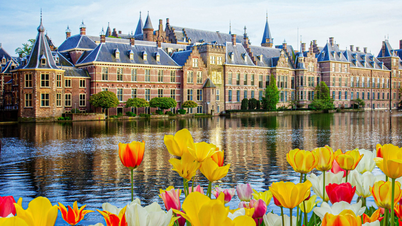


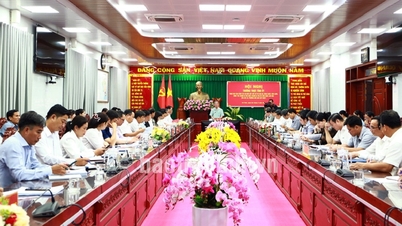
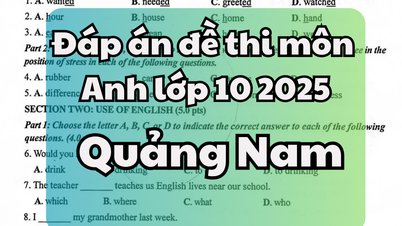

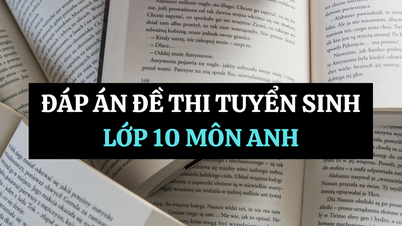
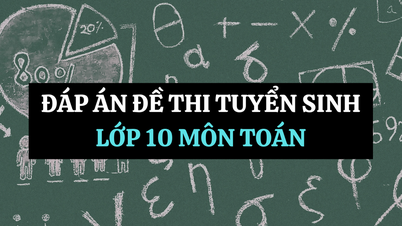




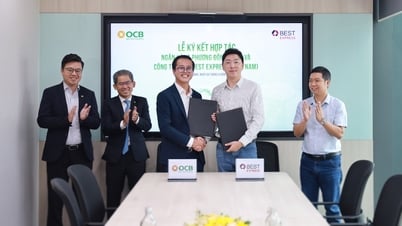
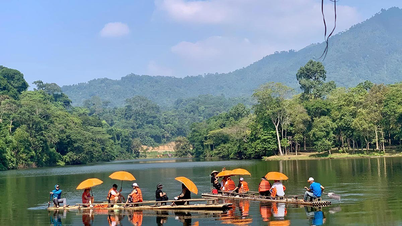
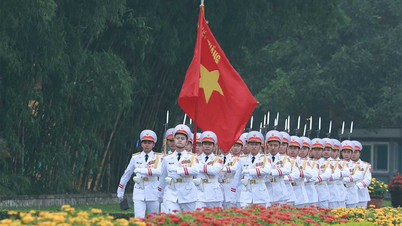
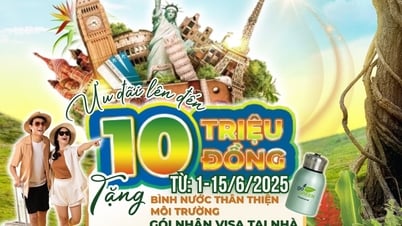

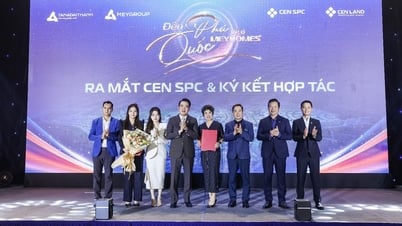

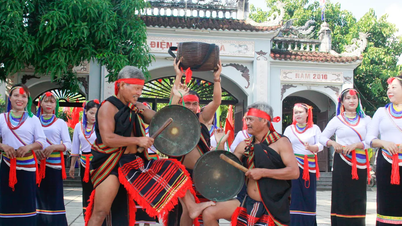

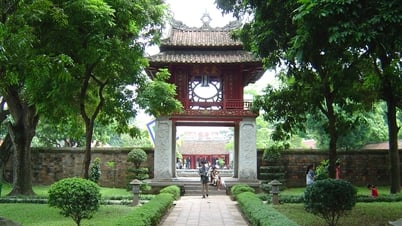

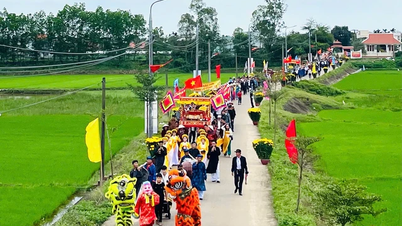
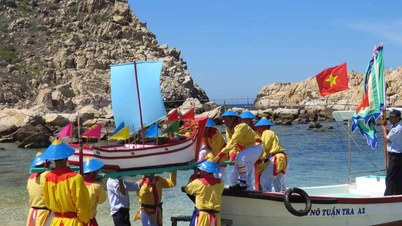






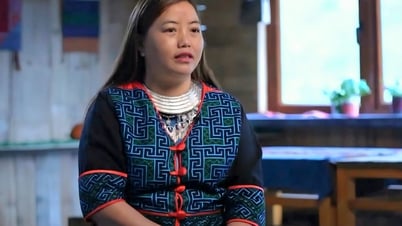

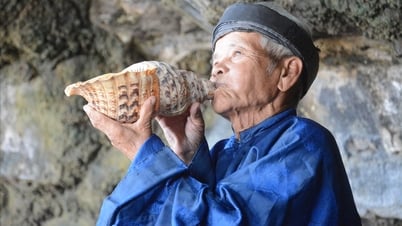





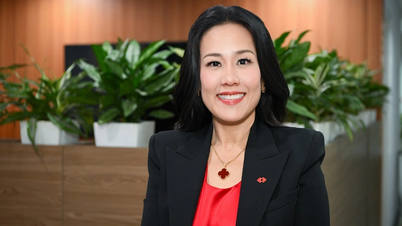

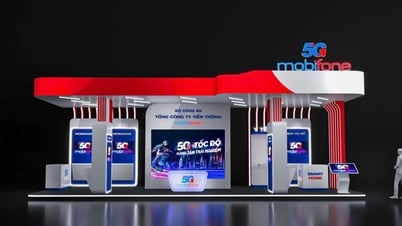


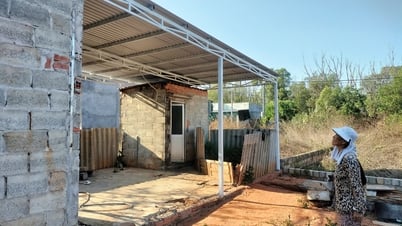
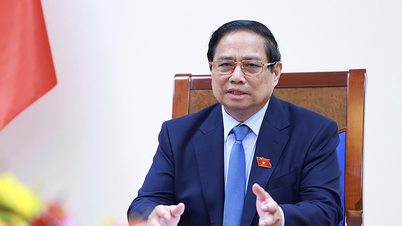
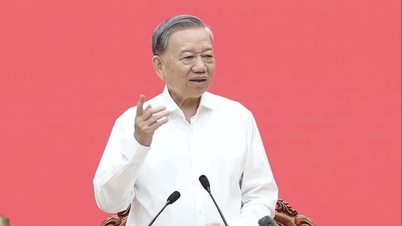

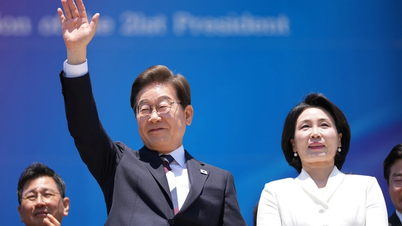

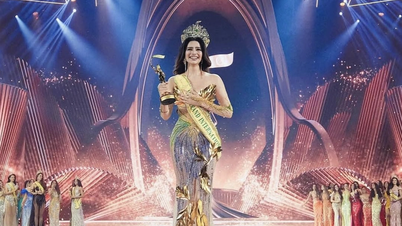



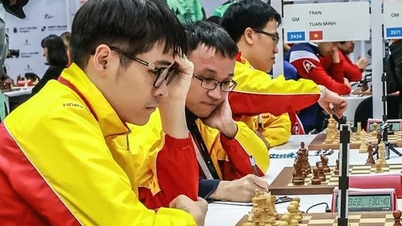

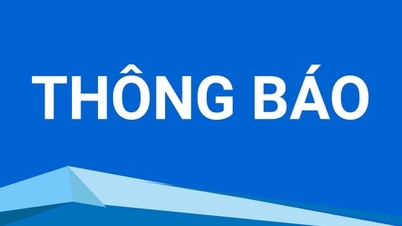


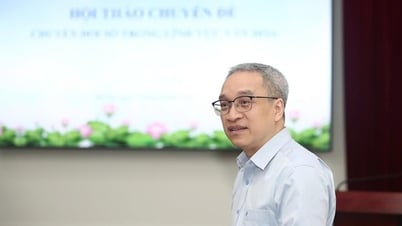






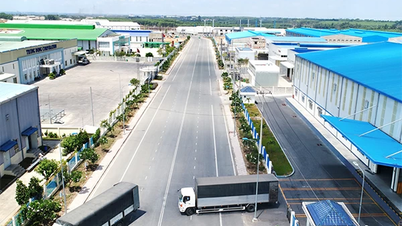

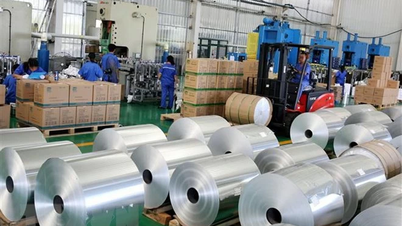
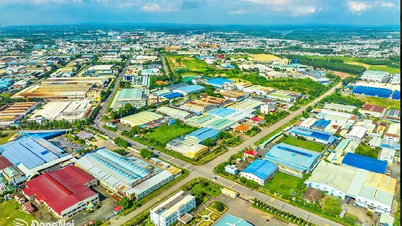






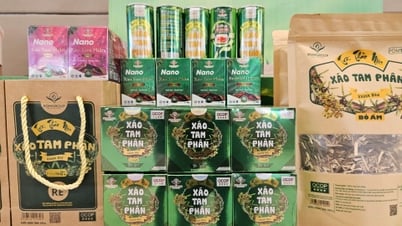


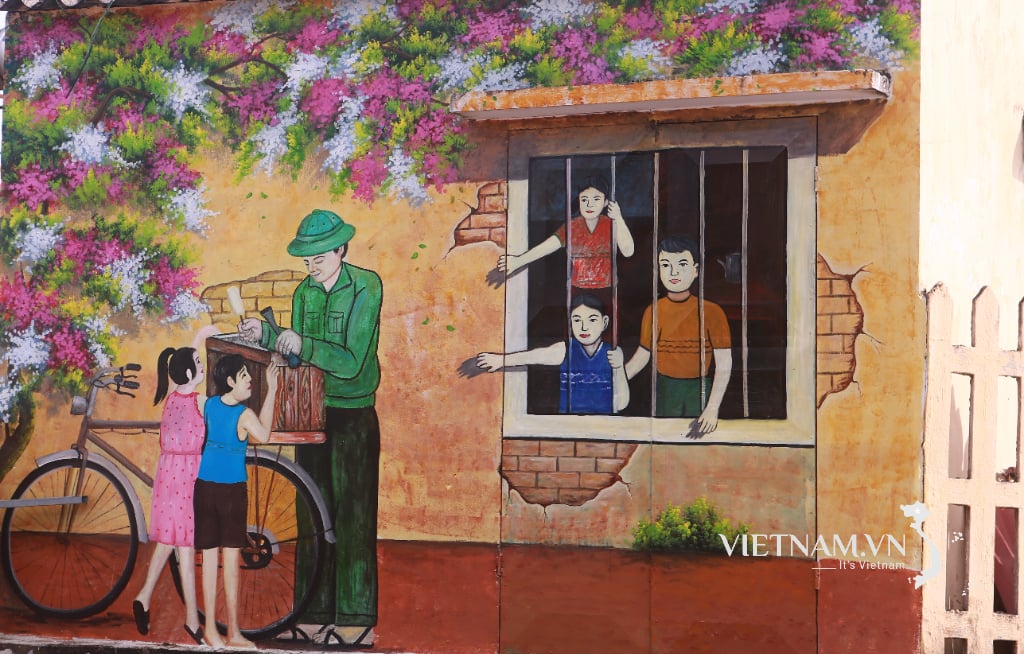
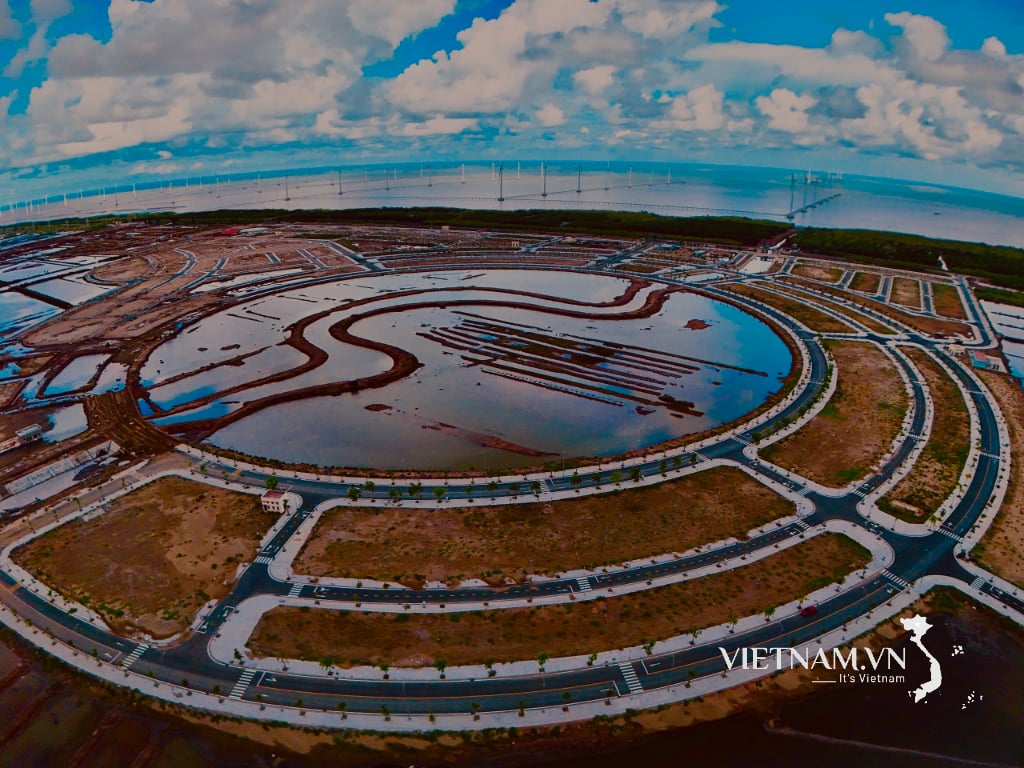

Comment (0)